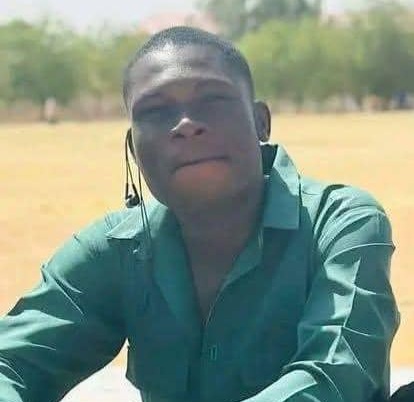European leaders are set to hold an emergency summit in response to concerns that the United States is progressing with Russia on peace talks that could sideline Europe.
UK Prime Minister Sir Keir Starmer, expected to attend the summit in Paris, described the situation as a “once-in-a-generation moment for our national security” and stressed the need for Europe to take a greater role in NATO.
The urgency follows remarks from Donald Trump’s special envoy to Ukraine, Keith Kellogg, who stated that European leaders would be consulted but not directly involved in any negotiations between the US and Russia regarding an end to the war. Senior White House officials, including US Secretary of State Marco Rubio, are scheduled to meet Russian negotiators in Saudi Arabia in the coming days.
While US officials maintain that Ukraine has been invited, President Volodymyr Zelensky has denied receiving any such invitation.
In comments likely to cause concern in Kyiv and across Europe, Kellogg suggested that prior negotiations had failed due to the involvement of too many parties. “It may be like chalk on the blackboard, it may grate a little bit, but I am telling you something that is really quite honest,” he said on Saturday.
The developments have reignited fears over the fate of previous European-led diplomatic efforts, particularly the Minsk agreements, a failed 2015 ceasefire deal between Ukraine and Russia that was brokered by France and Germany.
Sir Keir views his role as bridging the gap between the US and Europe to maintain a united approach toward peace in Ukraine. He is set to discuss European leaders’ perspectives when he meets US President Trump at the White House later this month. A subsequent meeting involving European leaders and Zelensky is expected upon Sir Keir’s return from Washington.
Emphasising the need for transatlantic unity, Sir Keir stated: “This is a once in a generation moment for our national security where we engage with the reality of the world today and the threat we face from Russia. It’s clear Europe must take on a greater role in NATO as we work with the United States to secure Ukraine’s future and face down the threat we face from Russia.”
Polish Foreign Minister Radoslaw Sikorski confirmed that French President Emmanuel Macron had called the European leaders’ summit, though the French government has yet to announce it officially. He remarked: “President Trump has a method of operating, which the Russians call reconnaissance through battle. You push and you see what happens, and then you change your position, legitimate tactics. And we need to respond.”
Amid growing uncertainty over US commitment to European security, Zelensky has called for the creation of an “army of Europe.” Speaking at the Munich Security Conference, he warned that the relationship between Europe and the US was shifting. “US Vice-President JD Vance’s speech at the event had made it clear that the old relationship between Europe and America was ‘ending’ and the continent ‘needs to adjust to that’.”
Zelensky also made clear that Ukraine would “never accept deals made behind our backs without our involvement” following reports that Trump and Russian President Vladimir Putin had agreed to initiate peace talks.
Trump recently announced that he had a “lengthy” phone conversation with Putin and that negotiations to end what he called the “ridiculous war” in Ukraine would commence “immediately.” He later informed Zelensky of the plan.
The announcement has drawn comparisons to Trump’s 2018 Helsinki summit with Putin, where he controversially defended Russia over allegations of interference in the 2016 US presidential election, despite the findings of US intelligence agencies.
Meanwhile, Rubio has engaged in further diplomatic outreach, holding a phone call with Russia’s foreign minister on Saturday, described as “building on” the 12 February conversation between Trump and Putin.
US Representative Michael McCaul confirmed that senior officials from the Trump administration will begin peace talks with Russian and Ukrainian negotiators in Saudi Arabia. He indicated that Zelensky had been invited, stating that the aim was to organise a meeting between Trump, Putin, and the Ukrainian president “to finally bring peace and end this conflict.”
In Munich, US Vice-President Vance took aim at European democracies, arguing that the most significant threats to the continent were “from within” rather than from Russia or China. He reiterated the Trump administration’s stance that Europe must “step up in a big way to provide for its own defence.”
UK Foreign Secretary David Lammy echoed similar sentiments, warning that Europe faces an “existential question” even if a negotiated peace is reached in Ukraine. Speaking at the Munich Security Conference, he stressed: “Putin will not go away” and noted that while 23 NATO members now allocate at least 2% of their GDP to defence, “we all know we have to go upward.”
Follow us on:




 1 week ago
27
1 week ago
27








 English (US) ·
English (US) ·